When money’s tight, watching where every cent goes can make a pretty big difference. Here are 25 expenses you might want to skip if you’re living paycheck to paycheck. We’re not saying you have to skip out on these, but we do recommend it if you want a little more breathing room in your budget.
Daily Coffee Shop Visits

You might think grabbing a coffee at your local cafe is just a small treat, but the costs do add up. Some reports suggest that we’re spending around $1,000 a year just on getting our caffeine fix during the week. Is it really worth it? You’re much better off brewing some at home to save you a chunk of change each month.
Premium Cable Packages

We all love watching TV, but do you really need to have all those channels on-demand? Chances are, you’re probably not going to watch them all, so having them is just a waste of money. Switching to a basic plan or a streaming service can help you cut your expenses by quite a bit.
Unused Gym Memberships
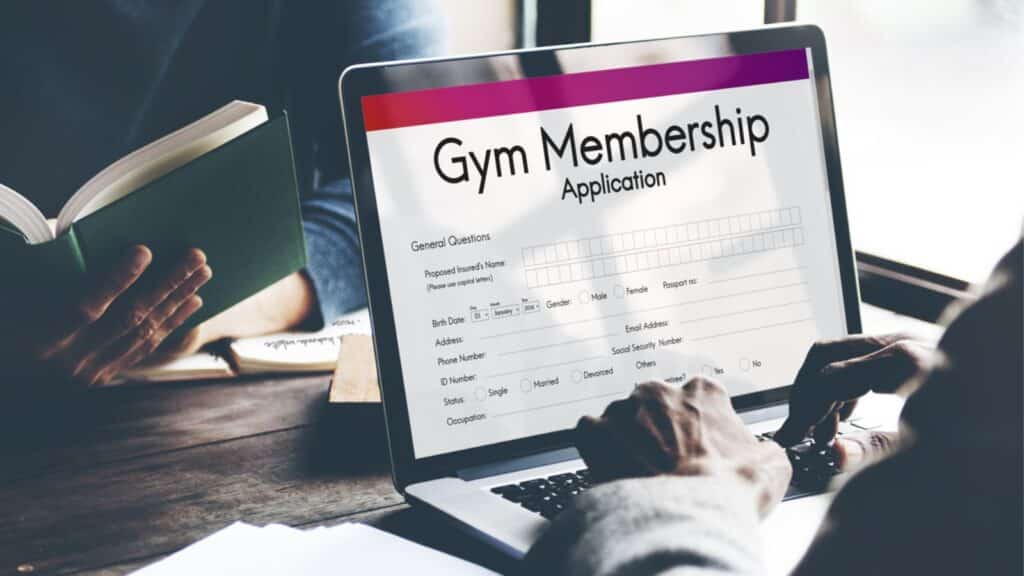
If you’re not going to the gym regularly, then that membership fee is a complete drain on your funds. Even if you are, you could always switch to outdoor exercises or do some free online workouts because they’ll keep you fit for much less. There’s no point paying when you can do the same for much less.
Overpowered Smartphones

Don’t be tempted to keep upgrading to the latest smartphone model. If your current one works fine, stick with it a bit longer. The newer models may have some flashy features, but they’re often not something that the average user needs. And sometimes, they’re actually designed to break after a short time.
Brand Name Groceries

There’s no point paying for premium brands because they’re not always worth the extra cost. Going for store brands can reduce your grocery bills without sacrificing quality because many of them will have the same taste and nutritional value. Next time you’re shopping, compare the ingredients, and you might be surprised at how similar they are.
Eating Out Regularly

Speaking of food, eating out too often can quickly eat up your budget. Why not try cooking at home? It’s cheaper and healthier because you’ll have more control over the ingredients and portion sizes. Plus, cooking at home means you can flex your creative muscles by experimenting with new recipes.
Expensive Haircuts

Instead of going to a high-end salon, try a local barber or cosmetology school for a trim because the cost difference can be pretty big. Many of these schools will give you a discount because the students are still learning. But don’t worry, because they’ll usually have a supervised professional with them to make sure you don’t get anything crazy.
New Books

Reading is always good for you, but buying books brand new can get pricey. Libraries and second-hand bookstores can give you cheaper, or even free, reading options. Lots of libraries also have e-books and audiobook apps, which means you can enjoy an entire world of literature without leaving your home.
Luxury Skincare Products

Yes, it’s nice to pamper yourself, but luxury skincare can be pretty costly. There are lots of affordable brands that’ll give you similar results, so make sure you do your research. You should also check out reviews to find the products that are just right for you so you’ll get quality and save money.
Extended Warranties
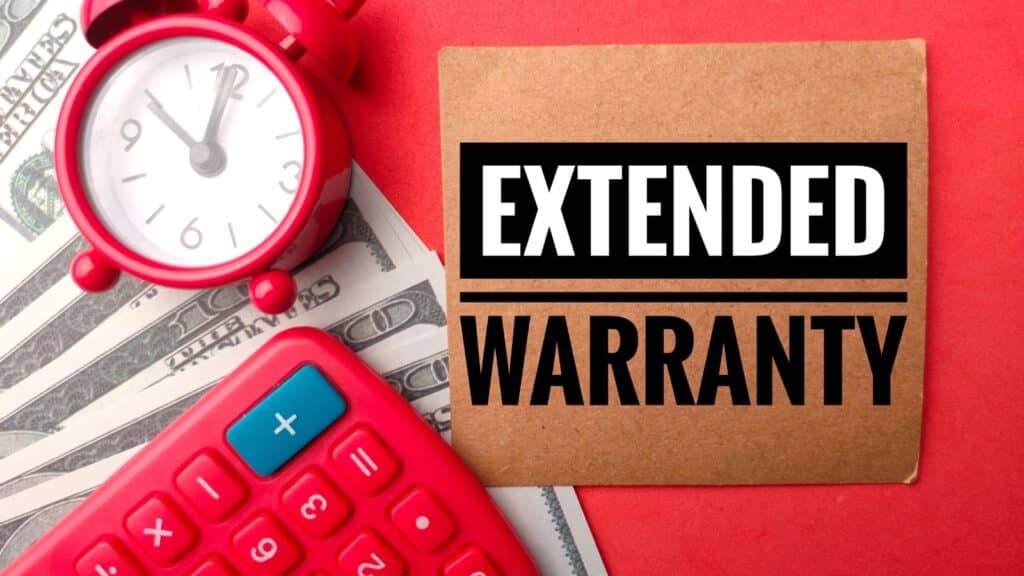
Extended warranties usually cost a lot more than the repair expense they cover, so you should set aside a repair fund instead. A lot of the time, the products never need the costly repairs these warranties cover, meaning you’re just wasting money. Why pay the premium if you don’t need it?
Overdraft Protection Fees
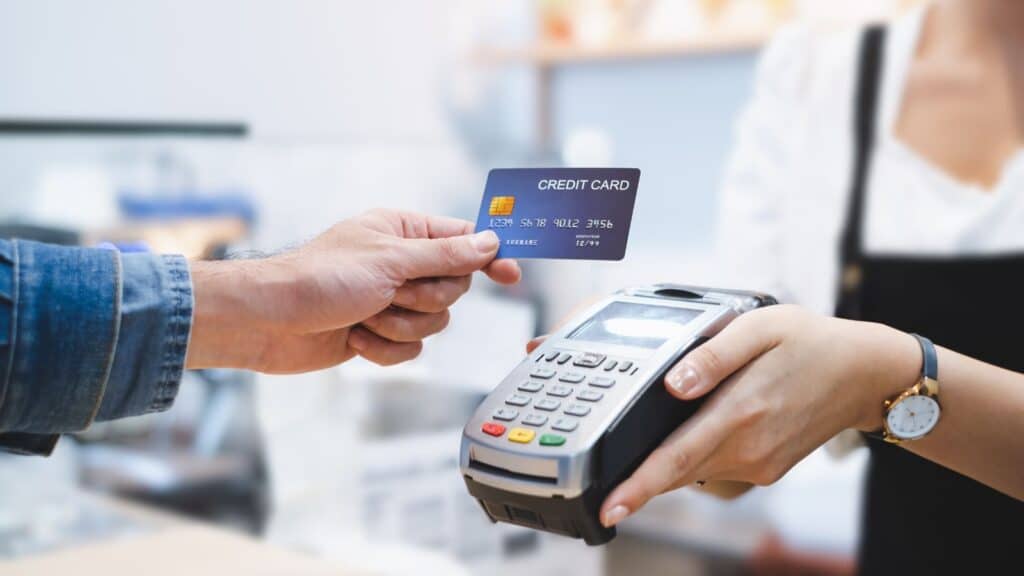
Do you keep paying for overdraft protection? That means it’s time for you to look a little closer at your account balance to avoid these fees altogether. Many banking apps allow you to set alerts that will notify you when you’re close to a zero balance, which saves you from the need for all this fuss.
Banking Fees

Speaking of banking, your monthly account fees and ATM charges can quickly add up. If you’re not getting the most out of your bank, don’t be afraid to shop around for one with fewer fees or better benefits. You should also try using banking apps that’ll let you know when there’s a free ATM nearby or ones that’ll give you a rebate on fees.
Fast Fashion

Cheap and trendy clothes seem like a bargain at first, but they usually wear out pretty quickly. What’s the solution? Buying some more durable items, of course. Yes, it’ll cost a little more in the short term, but you’ll save a lot more in the long term because you’ll be shopping a whole lot less.
Premium Gasoline

Unless your vehicle absolutely needs premium gasoline, filling up with regular is just as effective, and it’s also much cheaper. You might be surprised at how much this simple switch can save you, especially if you’re someone who drives frequently. But if your car manufacturer says to use it, just follow their advice.
Monthly Subscriptions
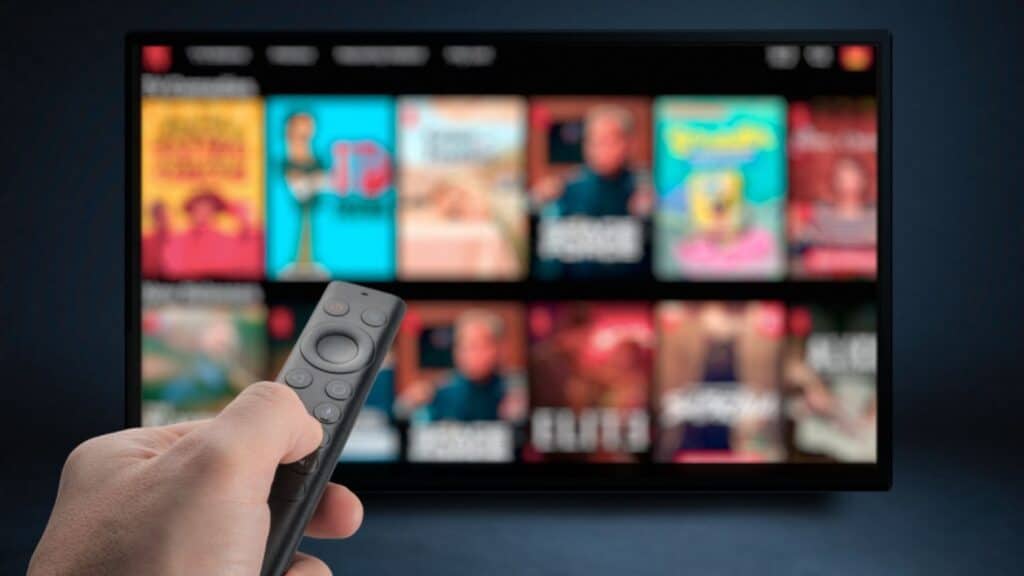
It doesn’t matter if you’re spending on magazines or software because we guarantee you’re overdoing it on the monthly subscriptions. Canceling a few of the ones you don’t need or use could free up some cash. We usually sign up for things without thinking about them, so take the time to look at what you really use.
Bottled Water

Buying bottled water is bad for the environment and your wallet, but that doesn’t stop 94% of us from buying it. Getting a reusable water bottle and a filter is a much better choice because it’ll save you money and reduce your plastic footprint. You’ll also be able to refill it wherever there’s a tap.
Impulse Buys

Never go shopping when you’re emotional or hungry, as this can make you impulse buy things you don’t really need. Plan your shopping trips for after you’ve had a meal, and stick to a list to avoid any unnecessary buys. This way, you’ll only get what you need, which will save you from overspending.
High-Interest Credit Cards
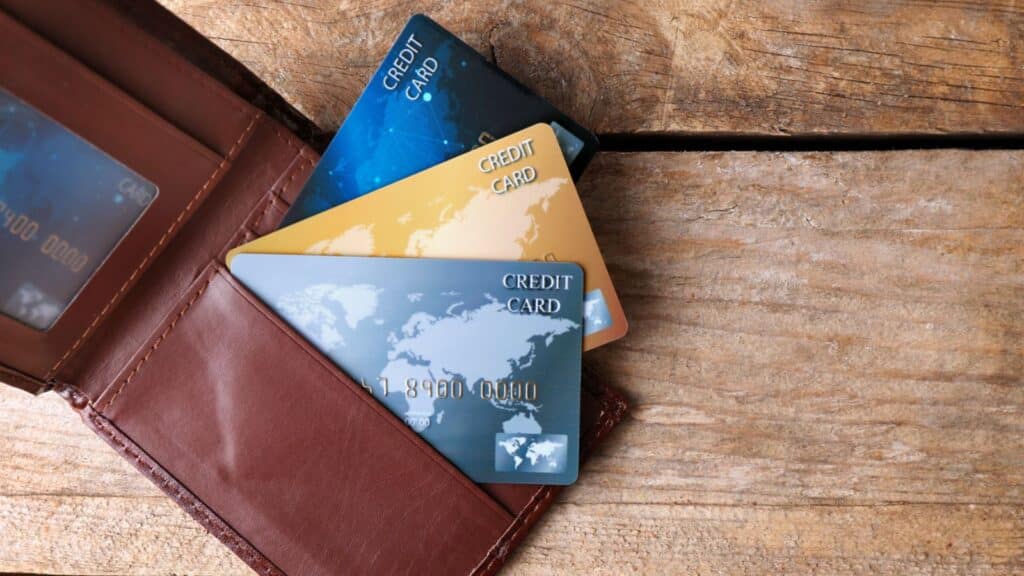
Got a high-interest credit card? Then you should think twice about using it. Try looking into moving your balance to a card with a lower rate, as some will give you an introductory period with zero or low interest. This will give you a window to pay down your balance without worrying about the added finances.
Speeds You Don’t Need

Lots of us pay for super-fast internet when we don’t really use it because we’re just doing some basic browsing and streaming. If that sounds like you, try downgrading to a slower or cheaper plan because you’re essentially just paying for bandwidth you’ll never use. This can reduce your bills by quite a bit.
In-App Purchase

It’s pretty easy to rack up some hefty charges with in-app purchases, so try sticking to a budget. Or, better yet, disable the feature on your phone to keep your spending in check, and be careful of any apps that encourage you to keep spending. If you’ve got kids, you’ll need to double and triple-check this feature’s off.
Hosting Parties

Being the host or hostess can be fun, but the stress shouldn’t always be on you. Buying food and decorations can get pretty expensive, and then there’s the entertainment to worry about. Why not try doing something low-key or perhaps a potluck? You’ll cut down on your spending and also have a much wider variety of food to choose from.
Expensive Hobbies

Doing hobbies has a ton of benefits, but some of them can get pricey. If you’re dead set on doing them, try reducing the cost by buying supplies in bulk or finding alternatives. You could even go second-hand shopping for some supplies or maybe even do some community swaps for the stuff you really need.
Home Energy Waste

Leaving your lights on when you’re not using them or turning the thermostat on too high can increase your utility bills by quite a bit. Even inefficient appliances can put a strain on it, so try switching to LED bulbs or smart thermostats for some savings. You should also insulate your home and check for drafts to lower those energy bills.
Car Leases

At first, car leases seem convenient, but they’re not always the most economical choice if you’re tight on cash. Getting a used car will save you money and also means you’re not bound by mileage limits. You’ve also got the chance to sell it again later, which could help you recover some of the costs.
Expensive Gifts

Yes, it’s nice to give gifts, but spending a lot on expensive gifts isn’t so great. Making a gift yourself can make it seem much more thoughtful, or you could set a reasonable limit to help you save. And when it comes to the holidays, try doing a Secret Santa, so you’re only buying one gift at a time.




